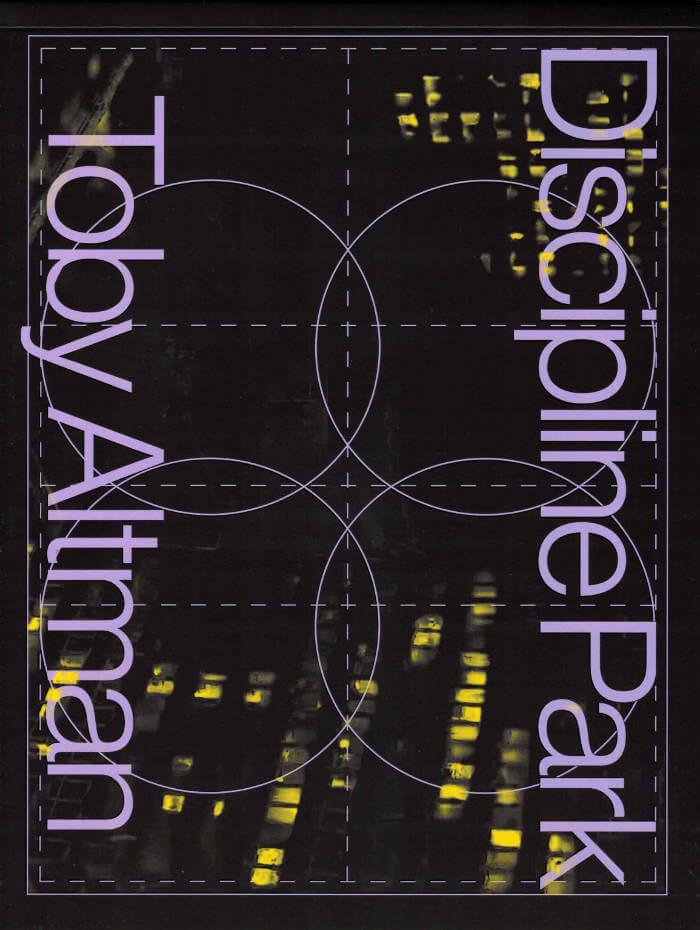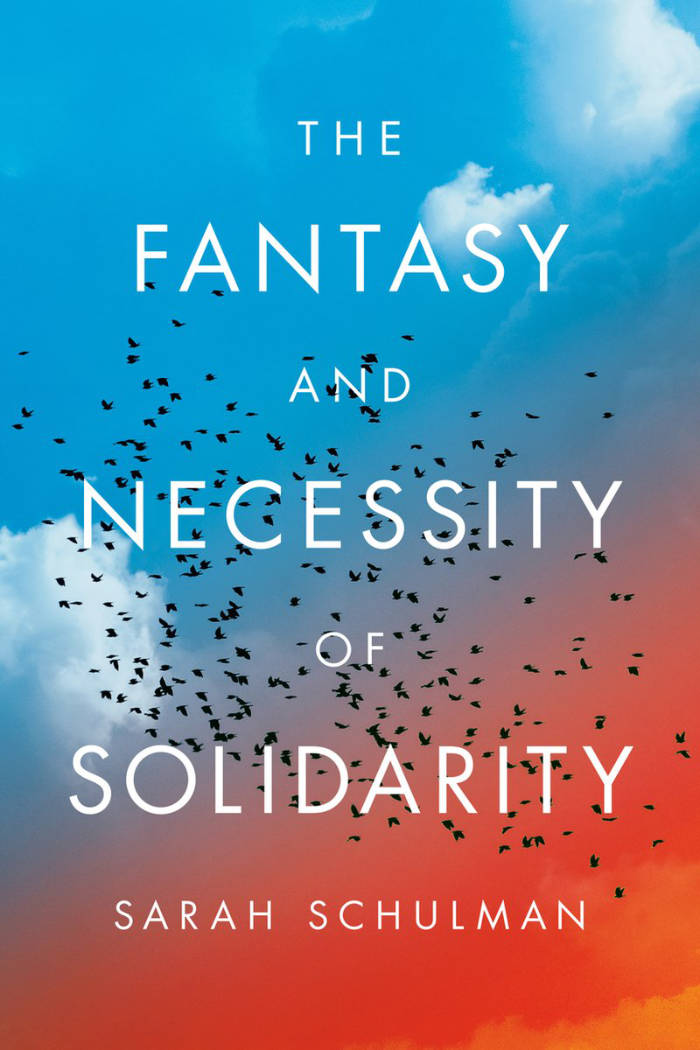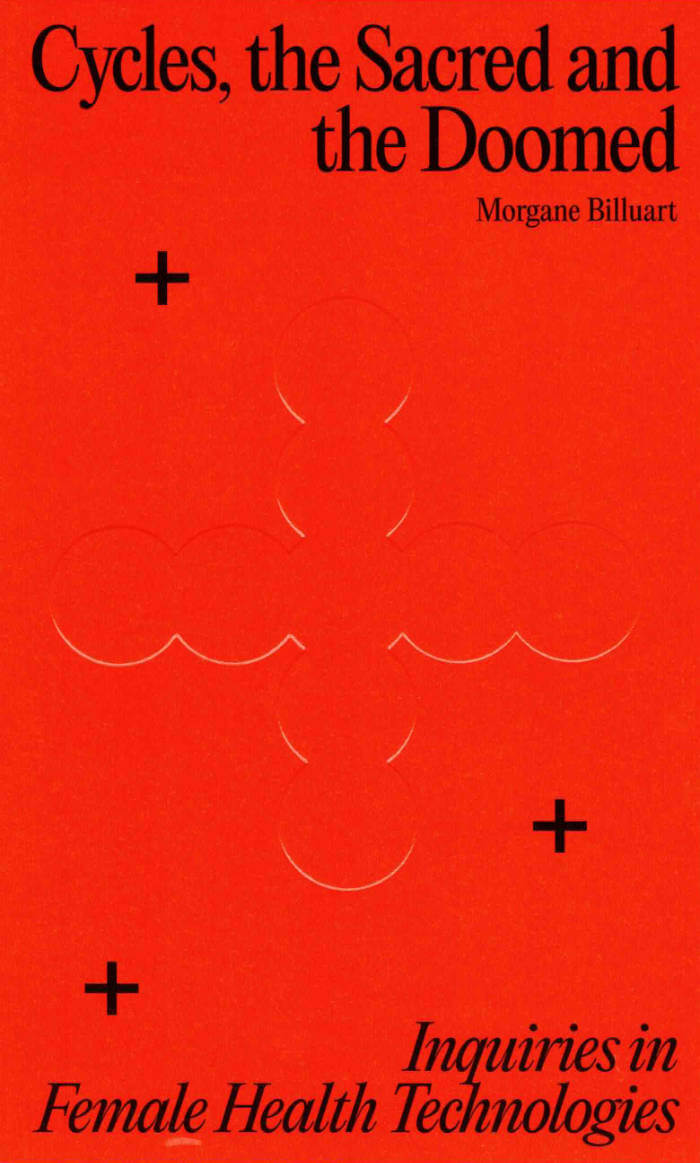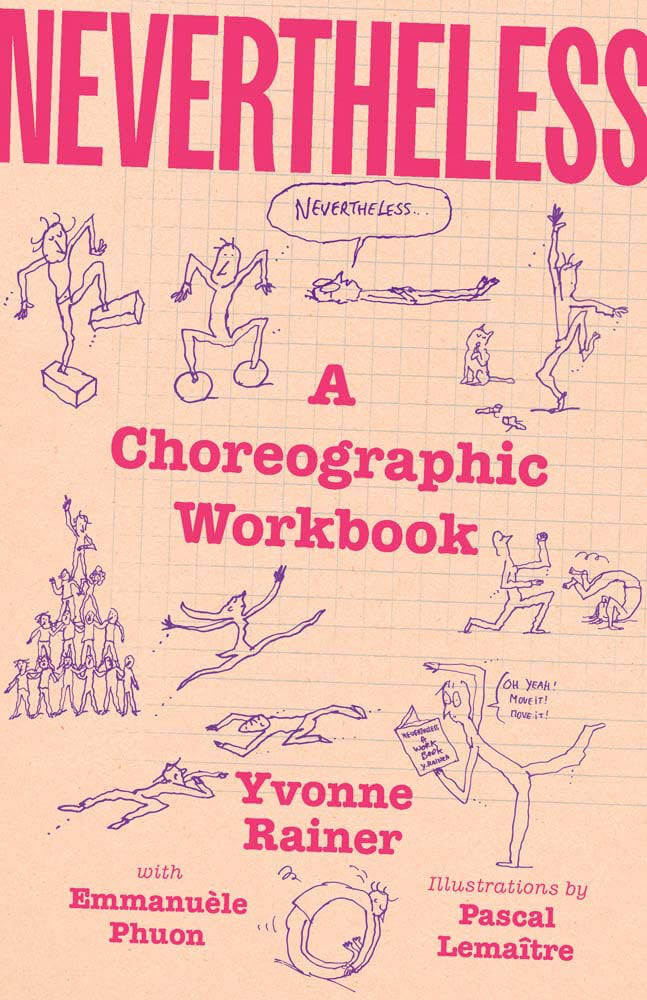
Les Éditions des mondes à faire
« Du fric ou on vous tue ! »
« Du fric ou on vous tue ! : j’ignore qui avait pu écrire ça sur un mur, au début des années 1980, à Marseille, mais j’avais bien aimé cette menace de braqueur qui résonnait là comme une injonction plus générale à ceux qui tiennent les cordons de la Bourse. »
Une association de hors-la-loi révolutionnaires, ainsi pourrait-on qualifier le groupe Os Cangaceiros, qui prit ce nom en hommage aux bandits du Nordeste brésilien. Ce livre raconte l’histoire de cette bande de jeunes qui, refusant d’aller travailler, s’était organisée pour arnaquer les banques et prêter main-forte aux luttes qui secouaient alors les prisons, les usines et les banlieues.
Ce récit de première main peut être lu comme une contre-histoire de la décennie 1980, durant laquelle se mit en place le régime de gouvernance que nous subissons depuis.
Alèssi Dell’Umbria est l’auteur de : Histoire universelle de Marseille. De l’an mil à l’an deux mille (Agone, 2006) ; C’est de la racaille ? Eh bien, j’en suis ! À propos de la révolte de l’automne 2005 (L’Échappée, 2006) (réédité et augmenté sous le titre La Rage et la Révolte en 2010 par Agone) ; Échos du Mexique indien et rebelle(Rue des cascades, 2010) ; R.I.P. Jacques Mesrine (Pepitas de calabaza, 2011) ;Tarantella ! Possession et dépossession dans l’ex-royaume de Naples (L’œil d’or, 2016) ; Istmeño, le vent de la révolte. Chronique d’une lutte indigène contre l’industrie éolienne, Livre-DVD (Collectif des métiers de l’édition / Les éditions du bout de la ville, 2018) ; Antimatrix (La Tempête, 2021).




